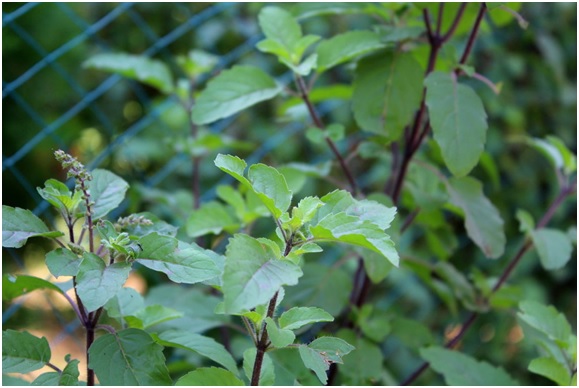
Incomparable Tulsi (Ocimum sanctum) Holy basil
Holy basil is a plant. It is originally from India and is used in Ayurvedic medicine as an “adaptogen” to counter life’s stresses. It is considered a sacred plant by the Hindus and is often planted around Hindu shrines. The Hindu name for holy basil, Tulsi, means “the incomparable one.” Medicine is made from the leaves, stems, and seeds. Holy basil is used for the common cold, influenza (“the flu”), H1N1 (swine) flu, diabetes, asthma, bronchitis, earache, headache, stomach upset, heart disease, fever, viral hepatitis, malaria, stress, and tuberculosis. It is also used for mercury poisoning, to promote longevity, as a mosquito repellent, and to counteract snake and scorpion bites. Holy basil is applied to the skin for ringworm. Chemicals in holy basil are thought to decrease pain and swelling (inflammation). Other chemicals might lower blood sugar in people with diabetes. There is interest in using holy basil seed oil for cancer. Beginning research suggests that the oil can slow progression and improve survival rate in animals with certain types of cancer. Researchers think this benefit may be explained by the oil’s ability to act as an antioxidant. Tulsi is onsidered as a tonic to retain youth and avoid aging. Vitamin C, Vitamin A, Phytonutrients and the essential oils in Tulsi, are excellent anti oxidants and protects the body from nearly all the damages caused by the free radicals. Tulsi reduces blood glucose levels. Thus it is useful for diabetics. Tulsi contains vitamin C and other anti oxidants (such as Eugenol), which protect the heart from harmful effects of free radicals.
Author: Sumana Rao | Posted on: June 26, 2015
« Gloriosa superba (Flame lily) Catharanthus roseus (Vinca rosea or Periwinkle) plant »



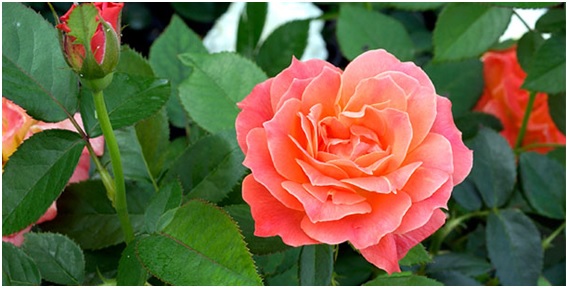
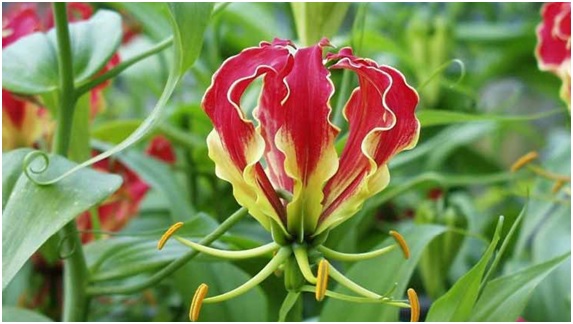
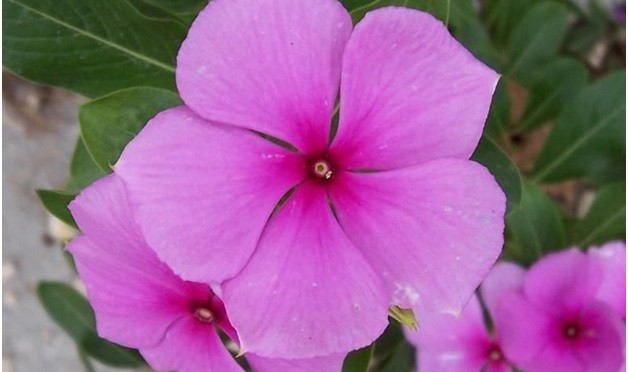
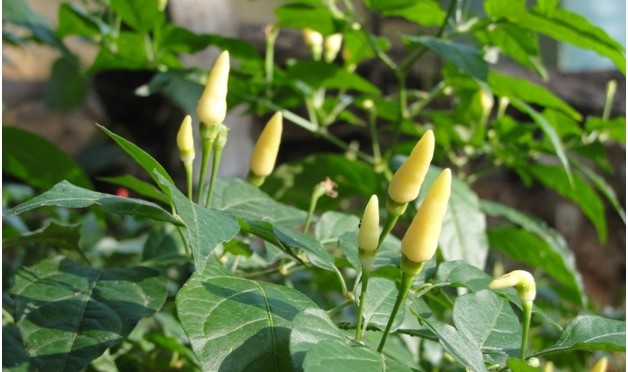
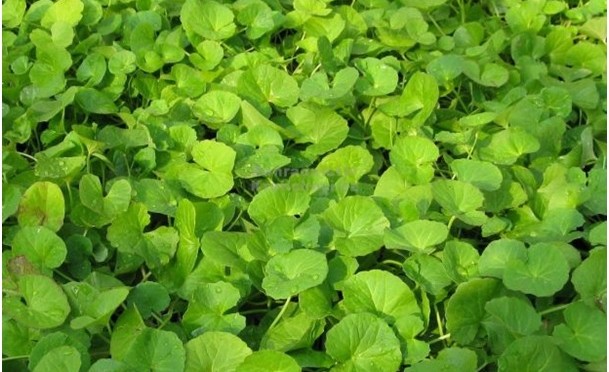
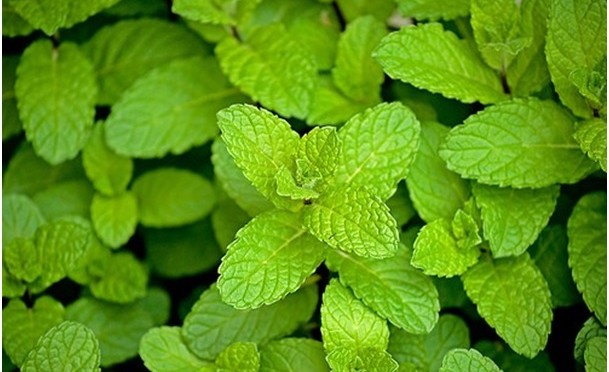
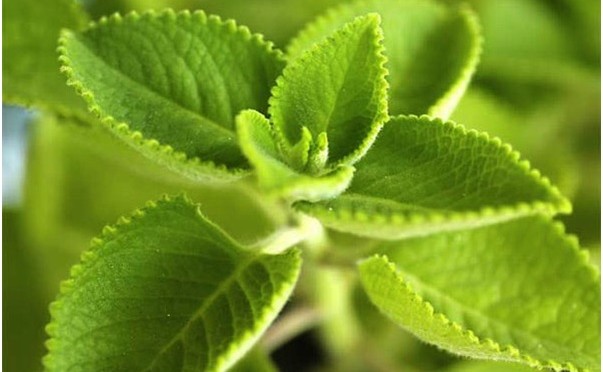
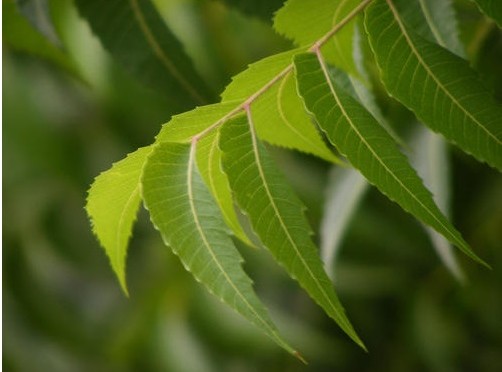
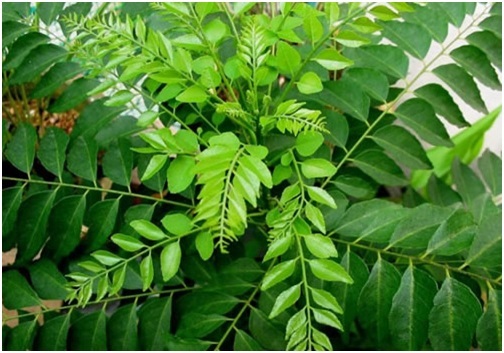




















Write a comment